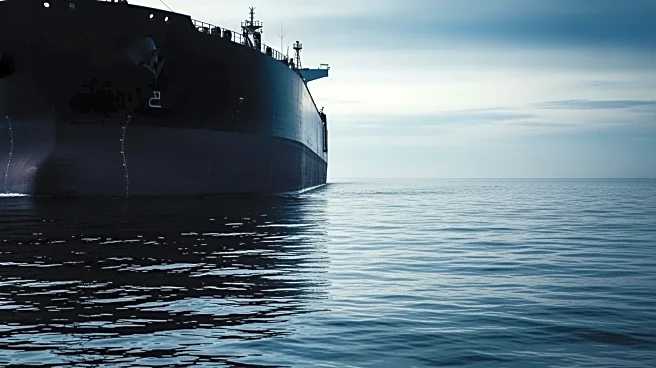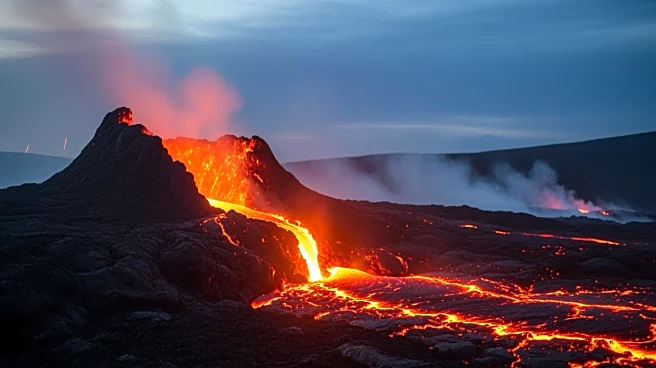What's Happening?
President Trump has announced a significant development in the Israel-Hamas conflict, with both parties agreeing to the first phase of a peace plan. This phase includes a ceasefire, partial withdrawal of Israeli troops, release of hostages, and the freeing of Palestinian prisoners. The agreement marks a step towards ending the war in Gaza and is part of a broader effort by the Trump administration to broker peace in the region. Trump has expressed his desire to be recognized as a 'president of peace' and has been nominated for the Nobel Peace Prize for his efforts.
Why It's Important?
The peace plan between Israel and Hamas represents a potential breakthrough in one of the Middle East's most enduring conflicts. It underscores the role of the U.S. in facilitating international diplomacy and conflict resolution. The agreement could enhance Trump's legacy as a peacemaker and influence his standing in global politics. The prospect of a Nobel Peace Prize further highlights the significance of the administration's efforts in achieving peace and stability in the region.
What's Next?
The implementation of the peace plan's subsequent phases will be crucial in determining its success. The next steps involve stabilizing Gaza, establishing governance structures, and ensuring Israel's withdrawal. These efforts will require sustained international cooperation and support. The outcome of the peace plan may impact Trump's political capital and influence future U.S. foreign policy in the Middle East.
Beyond the Headlines
The peace plan's success could reshape regional dynamics, potentially leading to broader reconciliation efforts in the Middle East. It may also affect U.S. relations with key regional players and alter the geopolitical landscape. The pursuit of the Nobel Peace Prize reflects the administration's emphasis on diplomatic achievements and could influence public perception of Trump's presidency.








